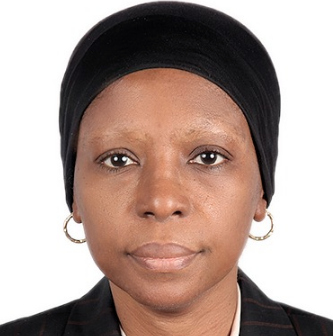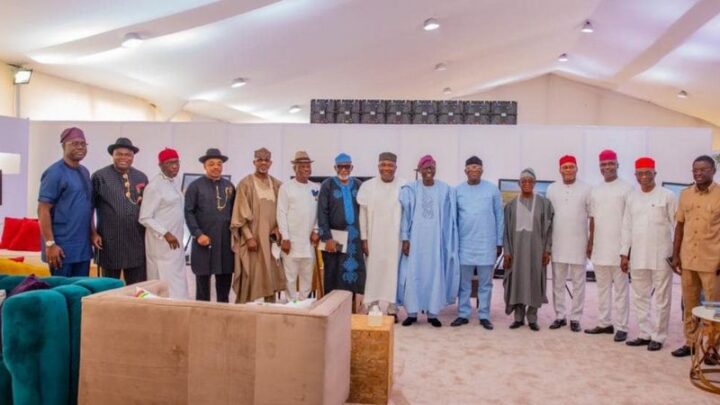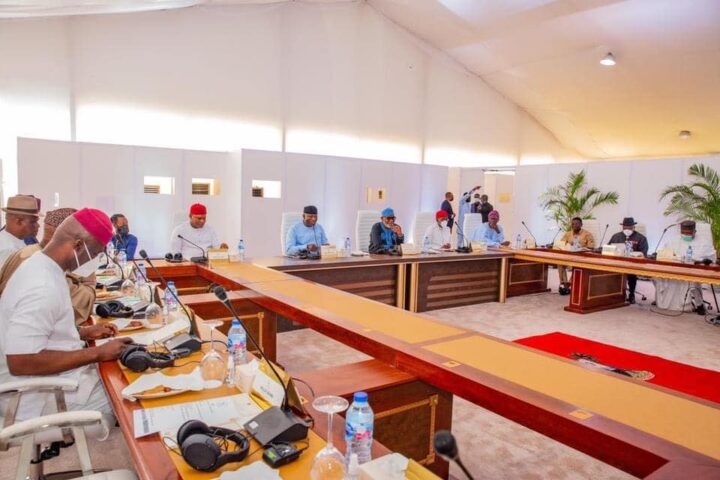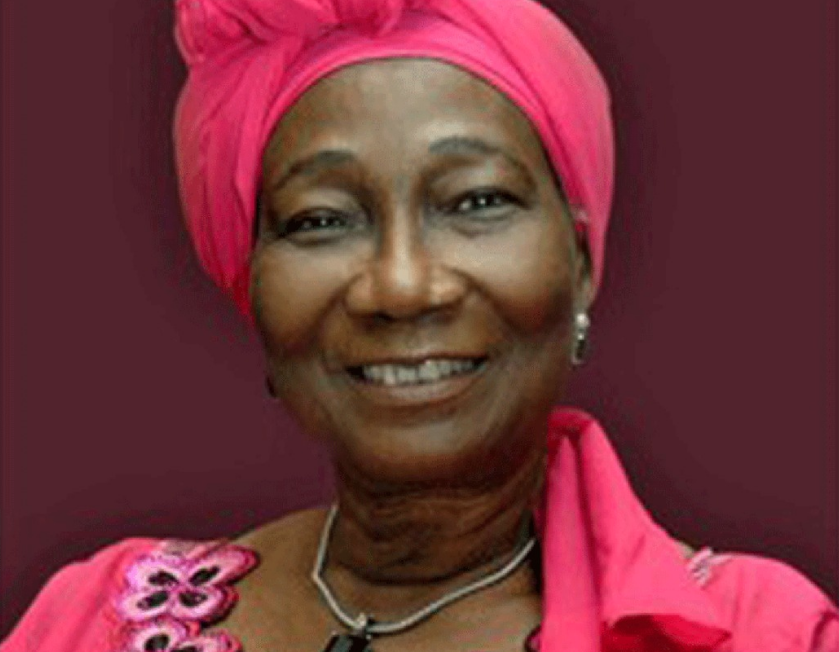BY AMINA ADO
The governors of the seventeen southern states met on July 5, 2021 and issued a statement advocating for the presidency to shift to the south. This is an interesting development and shows clearly the importance Nigerians continue to attach to where the president comes from. The advocacy by southern governors may also not be unconnected with the fact that, given the trajectory of Nigeria’s population growth, the north is moving closer to accounting for over 60% of Nigeria’s population within the next two decades. Under such a scenario, the north could end up with a commanding advantage in Nigeria’s political calculations, which cannot be ignored or wished away.
The issue of rotational presidency, the appointment of heads of federal agencies, the spread of federal projects and sharing of the “national cake” is never far away from public discourse in Nigeria. Nigerians are so obsessed with federal government appointments to the extent that the perceived alleged unfairness to other regions, is one of the reasons given for agitation to jettison the Nigerian project. In such instances, Nigerians quickly forget the numerous benefits of being one nation compared to the benefits of federal appointments.
How important are these appointments to the regions? For example, how have the appointments of the DG Budget Office of the federation and MD Nigeria Sovereign Investment Authority changed the economic fortunes of the south-east? In the same vein, has the economy of the north-east suddenly started booming because the GMD NNPC is from the north east or have the fortunes of the north-west changed because the suspended MD of NPA is from Katsina? The clear answer in all these instances and others is no. Yes, the individuals themselves will relish the career progress but beyond that, their appointments will have no consequential impact on the economic trajectory of their regions. Any impact they will have will be national, in line with their mandates.
Advertisement
However, in the spirit of inclusiveness and given the obsession and importance Nigerians have attached to these appointments, despite the inconsequential benefits, it is best for the federal government to ensure appointments are equally spread among the 36 States and FCT. This will allow the government to focus on more important matters such as growing the economy, improving government revenue and increasing investments in infrastructure and human capital.
The stark reality presently facing Nigeria is that the economy has stalled and the national cake has shrunk significantly. For example, the total amount shared annually at FAAC from 2010 to 2014 was an average of $34.2 billion. This has shrunk to an annual average of $18.7 billion between 2015 and 2020. This is on the back of lower oil prices and lower oil production volumes and a sluggish economy. Real economic growth has almost disappeared averaging an annual rate of 0.7% in the last six years compared to an annual growth rate of 6.7% between 1999 and 2014. Per capita income has thus dropped from a peak of $3,223 achieved in 2014 to $2,230 end of 2019. It has dropped further to approximately $1,985 in 2020, on account of the recession following Covid-19. Nigerians are now poorer compared to a decade ago.
From the foregoing, what ought to concern Nigerians, northern or southern, is finding leaders at state levels and at the centre irrespective of where they come from, who can get the economy back to high growth. Nigeria badly needs economic growth that will create much needed good private-sector jobs. Nigerians also need to realise that the oil party is over and the sooner we become more productive and find other avenues of generating foreign exchange, the better for the economy as a whole.
Advertisement
The north, in particular, needs to reduce its obsession with politics and government jobs at the expense of participating in other productive sectors of the economy. This is because the north is in far worse economic shape than the south. For example, northern states collected only N293 billion as internally generated revenue (IGR) in 2020 compared to N921 billion collected by the southern states. Even if the outlier that is Lagos is removed, the sixteen remaining southern states generated N502 billion IGR in 2020 compared to only N293 billion by the nineteen northern states. The north also has lower GDP, weaker human capital indicators such as literacy levels and number of doctors as a percentage of the population.
Accordingly, northerners should be more concerned about electing competent governors and chairs of local governments than about who becomes the president. These officials will have far more impact on the quality of education in public schools, health, poverty reduction and general well-being of the people than the man at the centre. Kaduna state has seen positive transformation on account of focused leadership by El-Rufai. He is not only transforming the state for the better, in terms of physical infrastructure and investment in education, but he is also grooming the next generation of leaders. A governor like El-Rufai, is what northerners should concern themselves with recruiting to take over leadership of the various states in 2023.
It is time we stop spending too much time and energy discussing where the president should come from and how to share the dwindling national cake, in an economy that is shrinking on a per capita basis. Rather, we need to spend more time and energy on finding high calibre leaders, irrespective of the states they come from, who will enact the right policies to create high economic growth and good private-sector jobs. This will lead to a reduction in endemic poverty and will also provide the revenue government needs to address insecurity and for investing in infrastructure and human development. Nevertheless, since the southern governors are so keen on the job at the centre in 2023, let them have it. For, in the life of a nation, eight years is a short time. And if rotational presidency, is what will lead to political stability and reduced insecurity, which will lead to a higher focus on improving the national economy, then it is a small price worth paying sooner rather than later.
Advertisement
Views expressed by contributors are strictly personal and not of TheCable.







